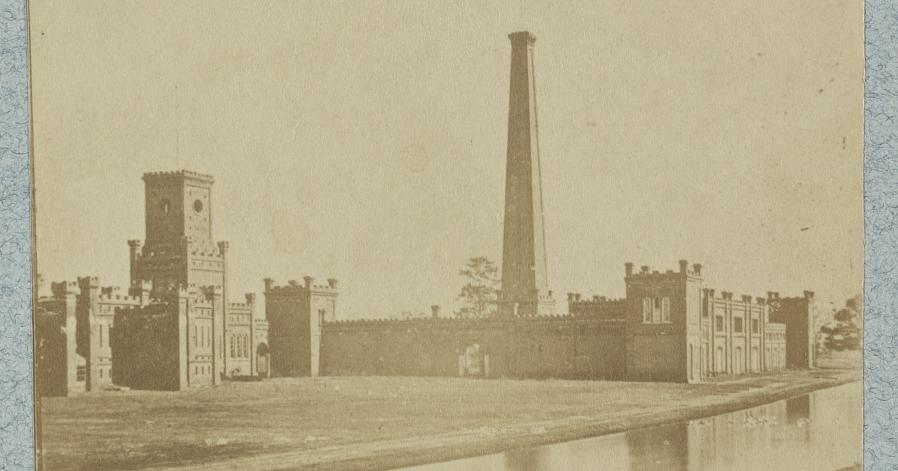By the time General Sherman's army was moving north into South Carolina, there had already been US attacks on the salt works and niter caves of southwestern Virginia. The second attempt to close the blockade runners port of Wilmington, NC had been successful. As Sherman moves into South Carolina, his movements cut off the railroad connections to Augusta, GA and its powder mills. Long before this, Grant had succeeded in getting Long's cavalry raid to destroy the Confederacy's only copper mine in Cleveland, TN.
This writer did a nice job summarizing Virginia's mineral contributions to the Confederate war effort: Arming the Confederacy: Virginia's Mineral Contributions to the Confederate War Effort - Essential Civil War Curriculum .
However, when he writes that there were 70,000 tons of gunpowder in Augusta, in the context of Confederate soldiers throwing away their rifles and surrendering at Five Forks and Sailor's Creek, the implication is that the attacks were working. Without copper, salt, and powder, the Confederate soldiers had no option other than to surrender.
The evidence is that in order for the Civil War to end, Grant had to be in complete control of the coordinated attacks, the much derided Anaconda Plan of General Scott had to be completed, and the US intelligence operations about the location of the Confederacy's industrial assets and their railroad connections had to be effective.
This writer did a nice job summarizing Virginia's mineral contributions to the Confederate war effort: Arming the Confederacy: Virginia's Mineral Contributions to the Confederate War Effort - Essential Civil War Curriculum .
However, when he writes that there were 70,000 tons of gunpowder in Augusta, in the context of Confederate soldiers throwing away their rifles and surrendering at Five Forks and Sailor's Creek, the implication is that the attacks were working. Without copper, salt, and powder, the Confederate soldiers had no option other than to surrender.
The evidence is that in order for the Civil War to end, Grant had to be in complete control of the coordinated attacks, the much derided Anaconda Plan of General Scott had to be completed, and the US intelligence operations about the location of the Confederacy's industrial assets and their railroad connections had to be effective.

